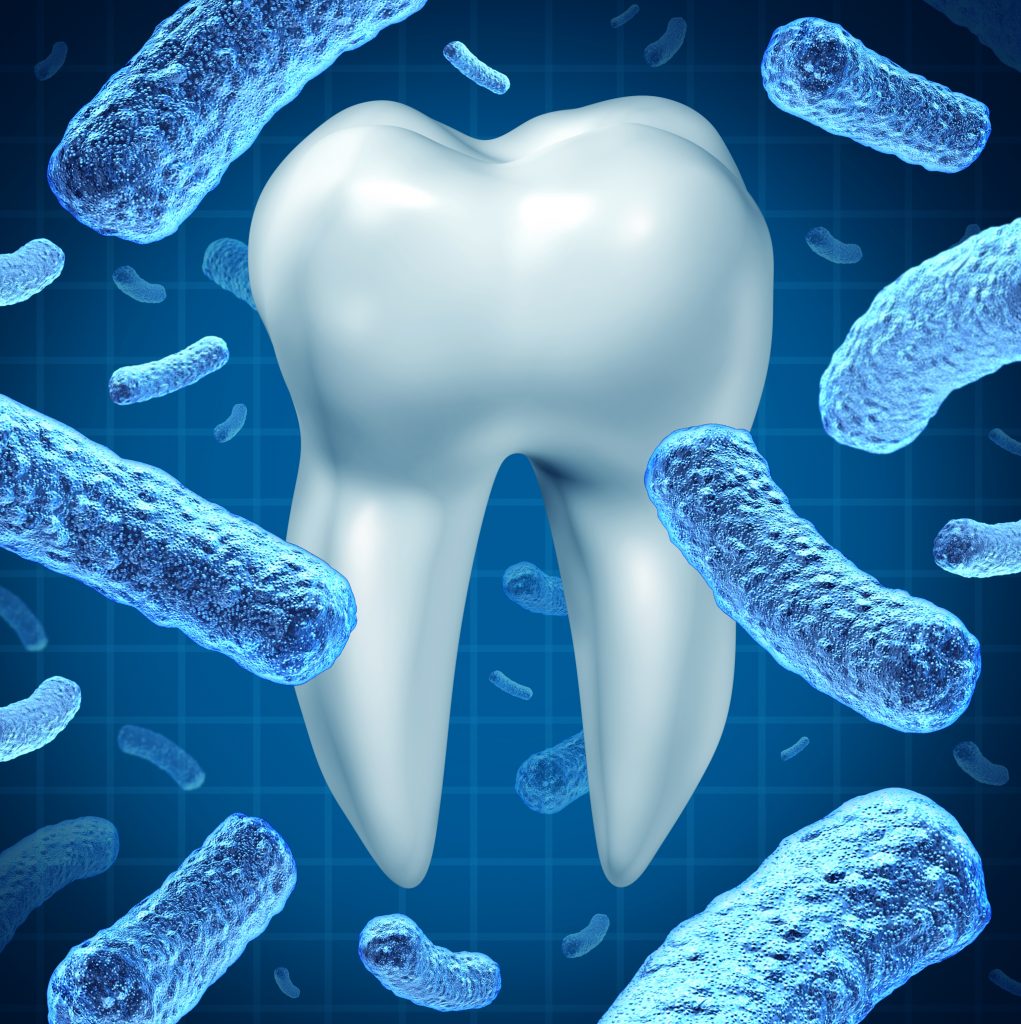 Who doesn’t love that minty fresh feeling your mouth has after a good rinse with mouthwash? Your breath is not only the benefit of mouthwash, though – mouthwash can help keep your gums and teeth healthy if used properly.
Who doesn’t love that minty fresh feeling your mouth has after a good rinse with mouthwash? Your breath is not only the benefit of mouthwash, though – mouthwash can help keep your gums and teeth healthy if used properly.
Mouthwash can cut back the level of bacteria in your mouth. Combined with brushing and flossing regularly, rinsing with mouthwash will do a much better job of removing plaque and debris. Research shows that adding a rinse with mouthwash to your oral care routine can in fact improve the overall cleanliness of your mouth and help keep gum inflammation at bay.
Keep in mind – most mouthwashes are at their most effective when in contact with your mouth tissues for 30 seconds per use. It may sound impossible to do with the strong taste, but it’s worth toughing it out if you want the best results. Bonus fact: it’s also a good cleaning agent for mouth guards. Still not convinced? Here are the dental health benefits of mouthwash:
Freshens breath. First and most obviously, mouthwash temporarily reduces bad breath. Mouthwash kills bacteria associated with causing bad breath leaving you with minty fresh breath.
Prevents plaque build-up. Various mouthwashes help prevent plaque build-up on your gums, in-between and on the surface of your teeth. And while it prevents the build-up of plaque, it cannot reduce the plaque that already exists.
Removes particles. We are taught to use mouthwash after brushing but using it prior can loosen particles stuck in your teeth, making it easier to brush.
Cavity prevention. Mouthwashes that contain fluoride can help to prevent cavities and strengthen your enamel at the same time. Remember, not all mouthwashes contain fluoride so check the label.
Visit Dr. Kirtley today and schedule an appointment to find out what kind of treatment your teeth needs to be healthier and to look better. Call 317-841-1111 or www.smilesbygeorge.com.
Dr. George Kirtley proudly serves Indianapolis and all surrounding areas.

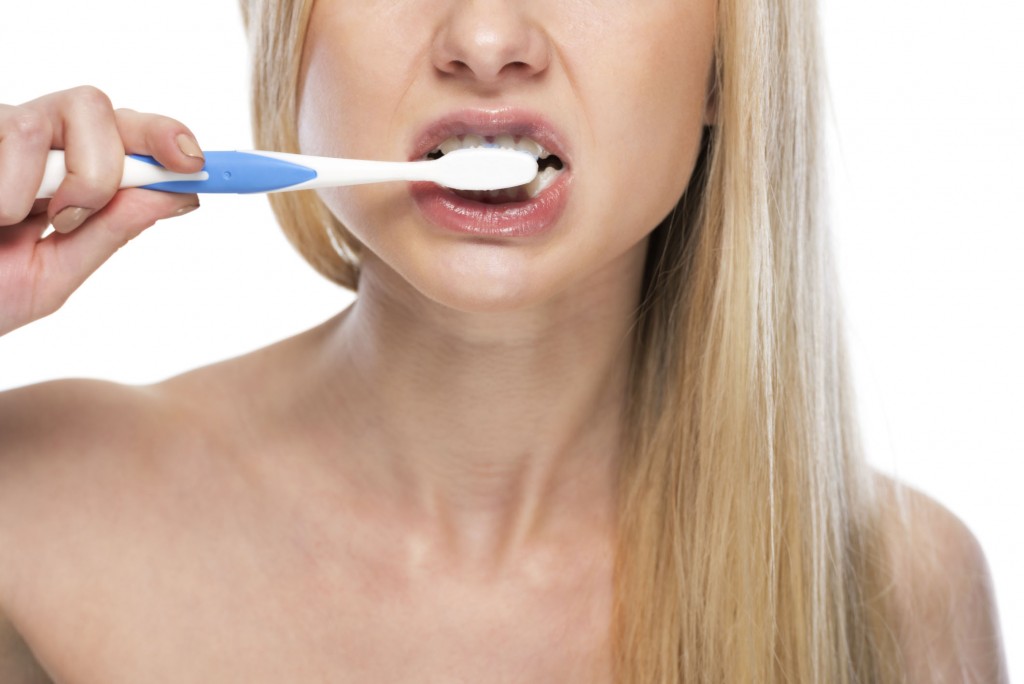 When we have the chance to improve your smile with
When we have the chance to improve your smile with 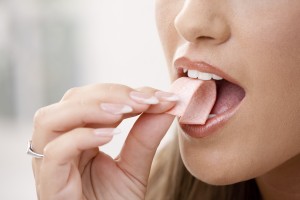 Do you suspect you have bad breath? If so, it might be an indication of other problems and not just a lack of proper
Do you suspect you have bad breath? If so, it might be an indication of other problems and not just a lack of proper 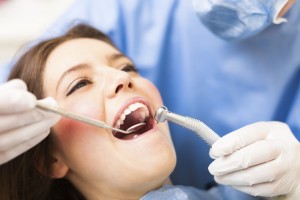 It will always be a nerve-wracking time preparing to see any sort of health professional. As adults, we seem to try dodging these appointments whenever possible. You aren’t exactly sure why, you just know you don’t want to go. For many, the thought of the unknown is the worst part about these meetings. So after years of deflecting the inevitable, don’t you want to understand why?
It will always be a nerve-wracking time preparing to see any sort of health professional. As adults, we seem to try dodging these appointments whenever possible. You aren’t exactly sure why, you just know you don’t want to go. For many, the thought of the unknown is the worst part about these meetings. So after years of deflecting the inevitable, don’t you want to understand why? When we think about athletes, we think about strong healthy individuals that take their sport by storm with all of their physical ability. They train hard, they eat well to give their bodies the proper nutrition in order to perform at their peak. But what if I told you that athletes actually have more to worry about when it comes to their oral health. It’s true. We may all have the same basic guidelines when it comes to
When we think about athletes, we think about strong healthy individuals that take their sport by storm with all of their physical ability. They train hard, they eat well to give their bodies the proper nutrition in order to perform at their peak. But what if I told you that athletes actually have more to worry about when it comes to their oral health. It’s true. We may all have the same basic guidelines when it comes to 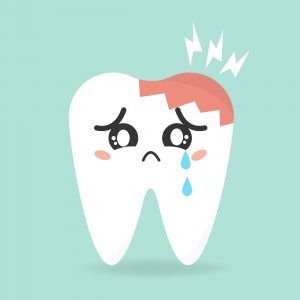 There are lots of
There are lots of 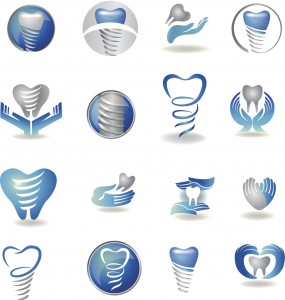 We all know a person’s smile is one of the first things you see when meeting someone. Some are lovely, some need work, but their smile is unique and what sets them apart from the rest. But say something unfortunate happens and you lose a tooth or two. Chances are, it is going to affect your overall demeanor. Because we know it’s a major first impression, if you don’t have a full set of pearly whites, you may be more apt to not want to show off your teeth. Don’t worry. Most adults have lost a couple of teeth already, either to decay or some form of accident. Couldn’t tell, could you? Yes, it’s true. And if you’re wondering how some adults have managed to hide their missing teeth – it’s because of
We all know a person’s smile is one of the first things you see when meeting someone. Some are lovely, some need work, but their smile is unique and what sets them apart from the rest. But say something unfortunate happens and you lose a tooth or two. Chances are, it is going to affect your overall demeanor. Because we know it’s a major first impression, if you don’t have a full set of pearly whites, you may be more apt to not want to show off your teeth. Don’t worry. Most adults have lost a couple of teeth already, either to decay or some form of accident. Couldn’t tell, could you? Yes, it’s true. And if you’re wondering how some adults have managed to hide their missing teeth – it’s because of 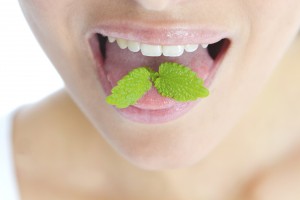
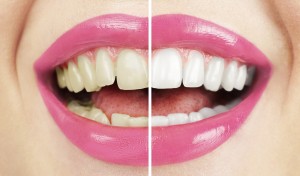 We call them pearly whites. The more brilliant your teeth, the better your smile looks. The problem with white teeth really lies in the degree you take your oral hygiene. You can brush & floss every day, but your teeth may not keep its natural sheen. You can make appointments with your dental professional to have
We call them pearly whites. The more brilliant your teeth, the better your smile looks. The problem with white teeth really lies in the degree you take your oral hygiene. You can brush & floss every day, but your teeth may not keep its natural sheen. You can make appointments with your dental professional to have  Sealants, also known as dental sealants, are made out of a plastic material that’s placed on the molars and premolars for added protection against tooth decay.
Sealants, also known as dental sealants, are made out of a plastic material that’s placed on the molars and premolars for added protection against tooth decay.